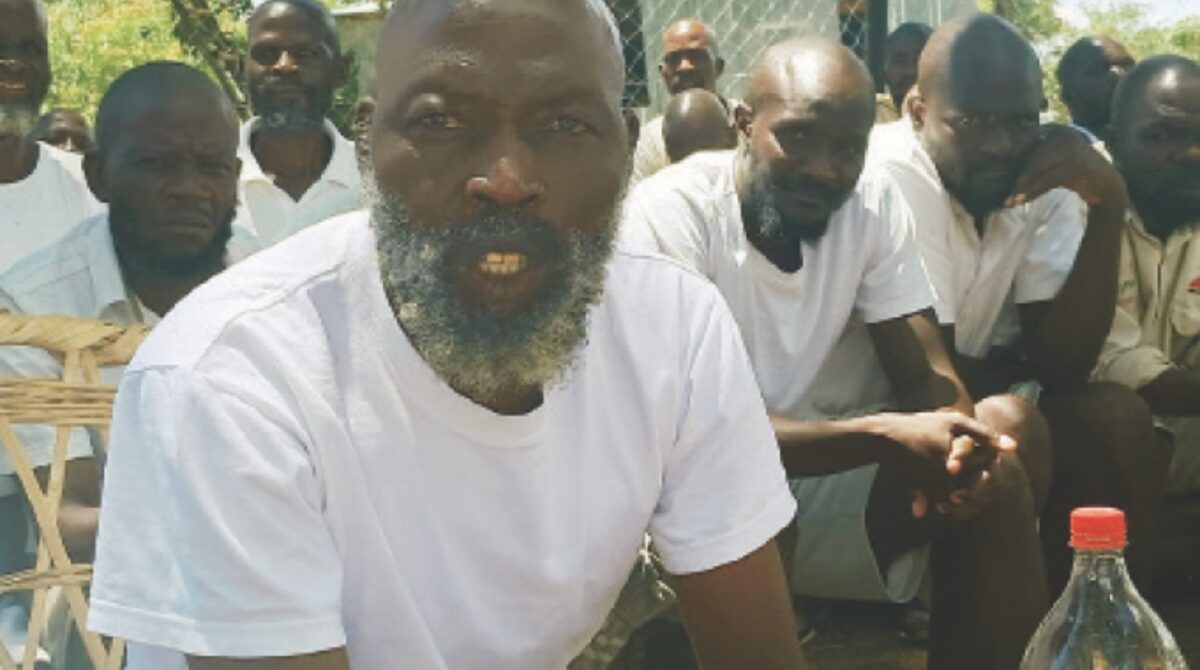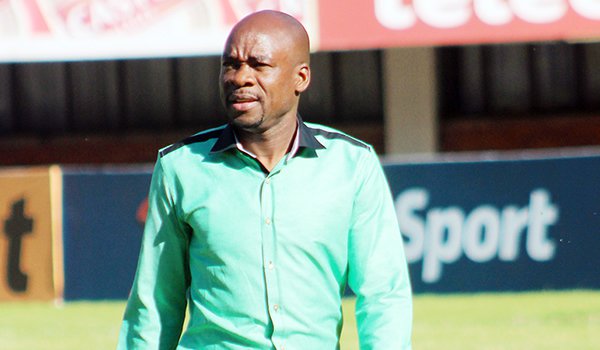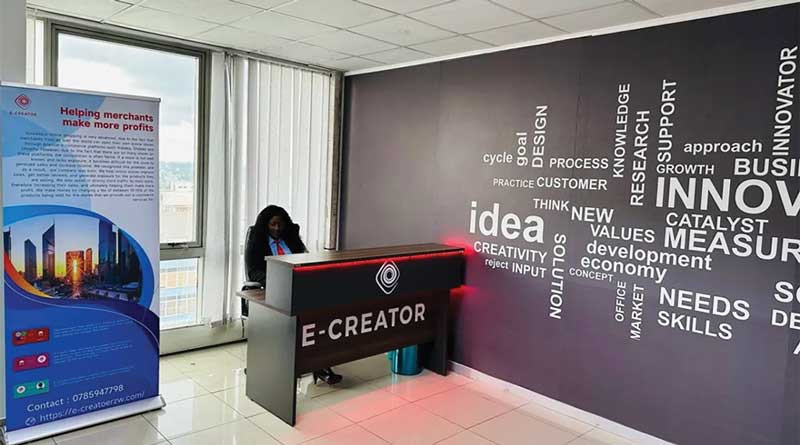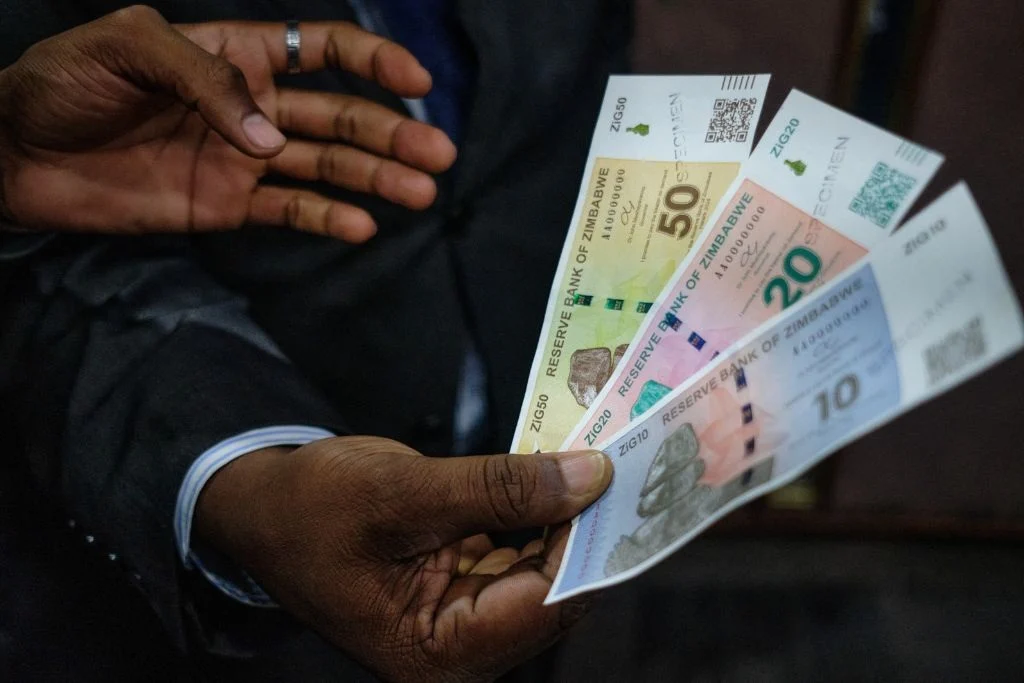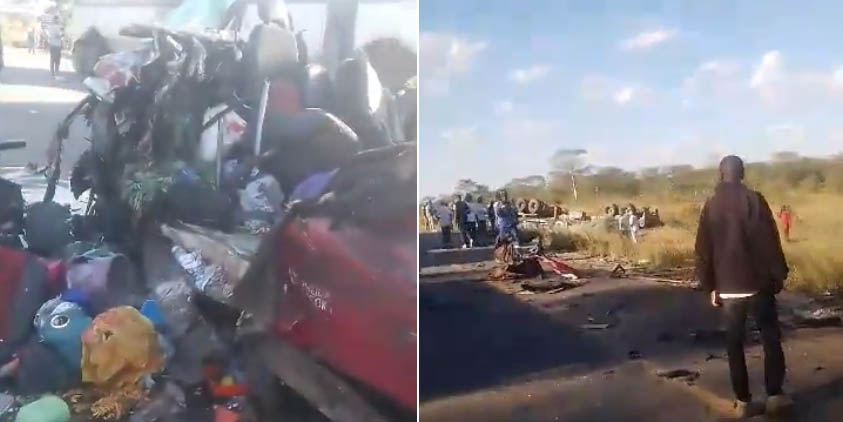NIGERIA, Abuja – Nigeria’s lawmakers on Thursday approved the new government’s first supplemental budget, which includes huge allocations for SUVs and houses for the president, his wife and other public officials, sparking anger and criticism from citizens in one of the world’s poorest countries.
In the budget presented to lawmakers to supplement the country’s expenditures for 2023, the government had allocated about $38 million for the presidential air fleet, vehicles and for renovation of residential quarters for the office of the president, the vice-president and the president’s wife — even though her office is not recognized by the country’s constitution.
Before the budget was approved, and facing increasing criticism, lawmakers eliminated $6.1 million earlier budgeted for a “presidential yacht” and moved it to “student loans.”
A Nigerian presidential spokesman said President Bola Tinubu had not given approval for the yacht, whose allocation was provided under the Nigerian Navy’s budget.
The country’s National Assembly recently confirmed that more than 460 federal lawmakers will each get SUVs — reportedly worth more than $150,000 each — which, they said, would enable them to do their work better. Local media reported that the lawmakers have started receiving the vehicles.
“All of this speaks to the gross insensitivity of the Nigerian political class and the growing level of impunity we have in the country,” said Oluseun Onigbinde, who founded Nigerian fiscal transparency group BudgIT.
The allocations reminded many Nigerians of the economic inequality in a country where politicians earn huge salaries while essential workers like doctors and academics often go on strike to protest meager wages.
Consultants, who are among the best-paid doctors in Nigeria, earn around $500 a month. After several strikes this year, civil servants got the government to raise their minimum wage to $67 a month, or four cents an hour.
Such steep expenditure on cars in a country where surging public debt is eating up much of the government’s dwindling revenues show its “lack of priorities” and raises questions about the lack of scrutiny in the government’s budget process and spending, said Kalu Aja, a Nigerian financial analyst.
Kingsley Ujam, a trader working at the popular Area 1 market in Nigeria’s capital city of Abuja, said he struggles to feed his family and has lost hope in the government to provide for their needs.
“They (elected officials) are only there for their pockets,” said Ujam.
It is not the first time Nigerian officials are being accused of wasting public funds.
That tradition must stop, beginning with the president “making sacrifices for the nation, especially as vulnerable people in the country are struggling to make ends meet,” said Hamzat Lawal, who leads the Connected Development group advocating for public accountability in Nigeria.
He added that Nigeria must strengthen anti-corruption measures and improve governance structures for the country to grow and for citizens to live a better life. “We must also make public offices less attractive so people do not believe it is an avenue to get rich,” he said.
While Nigeria is Africa’s top oil producer, chronic corruption and government mismanagement have left the country heavily reliant on foreign loans and aid, while at least 60% of its citizens live in poverty.
Austerity measures introduced by the newly elected president have drastically cut incomes and caused more hardship for millions already struggling with record inflation.


